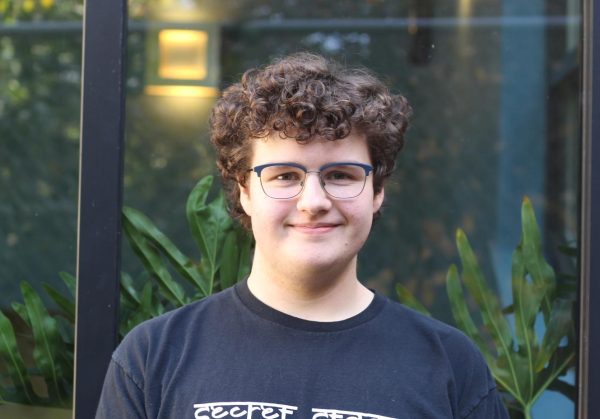In January, an officer going 74 mph in a 25 mph zone struck and killed Jaahnavi Kandula, an immigrant and student. Recently in September, the police union vice president was caught on bodycam laughing about Kandula’s death and said “she had limited value.” This sparked a larger debate about the Seattle Police. No one is going to trust police officers when they laugh about someone dying, and why should they?
Even before this, less than 40% of Seattle residents believed the SPD are good at their jobs, according to a poll conducted by the Seattle Times on July 2 2023.
The city of Seattle conducted a report about police misconduct that occurred during the 2020 Black Lives Matter protests. The report found that the SPD sprayed an eight-year-old child with pepper spray and an officer put his knee on the neck of someone he was arresting, a move that killed George Floyd in Minnesota.
In this report, the city of Seattle created a list of recommendations due to the mistakes made by the officers. The report recommended “SPD officers should be trained to realize that the existence of Personal Protective Equipment (‘PPE’) or other defensive measures in a crowd of demonstrators, is not itself an aggressive measure requiring an escalating police response.” According to the city, SPD officers think that protesters wearing protective eyewear and gloves are aggressive threats to the officers themselves.
Six police officers from the SPD attended the insurrection in Washington D.C. on Jan. 6, 2021, the most of any police department in the country, according to the Seattle Times. If the SPD holds similar values as the people that invaded the capitol, how are we supposed to trust them with our lives?
I’m not advocating for defunding the police, but I am saying that the police need to play a less significant role in Seattle. The SPD proves they aren’t able to complete a job without doing harm. A solution would be to switch emergency response away from SPD officers to other departments and unarmed officers. This switch is supported by 75% of Seattle residents, in the same poll by the Seattle Times.


